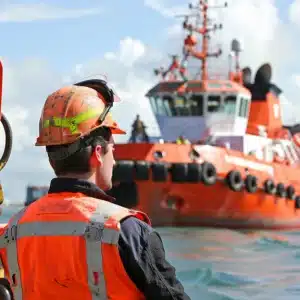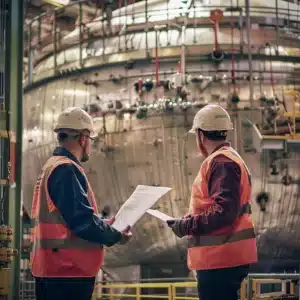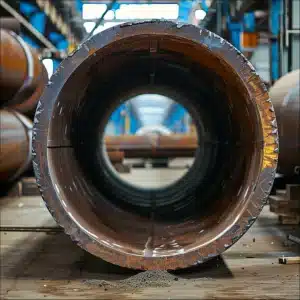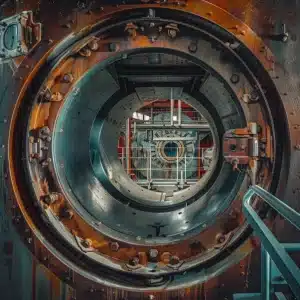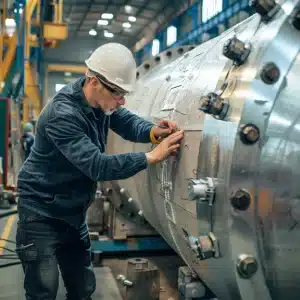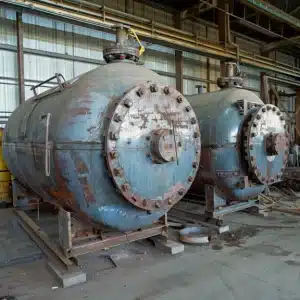
Comprehensive Guide to the Hazards of Unfired Pressure Vessels
Overview of Unfired Pressure Vessels Unfired pressure vessels are essential components in many industrial processes. They are specifically designed to preserve gases or beverages at a pressure significantly different from the ambient pressure. At Red River, we take pride in crafting these vessels with precision and care, ensuring they meet the rigorous demands of your operations. As a result, our vessels provide unmatched reliability and efficiency. Importance of Safety in Handling Unfired Pressure Vessels Safety is at the core of
